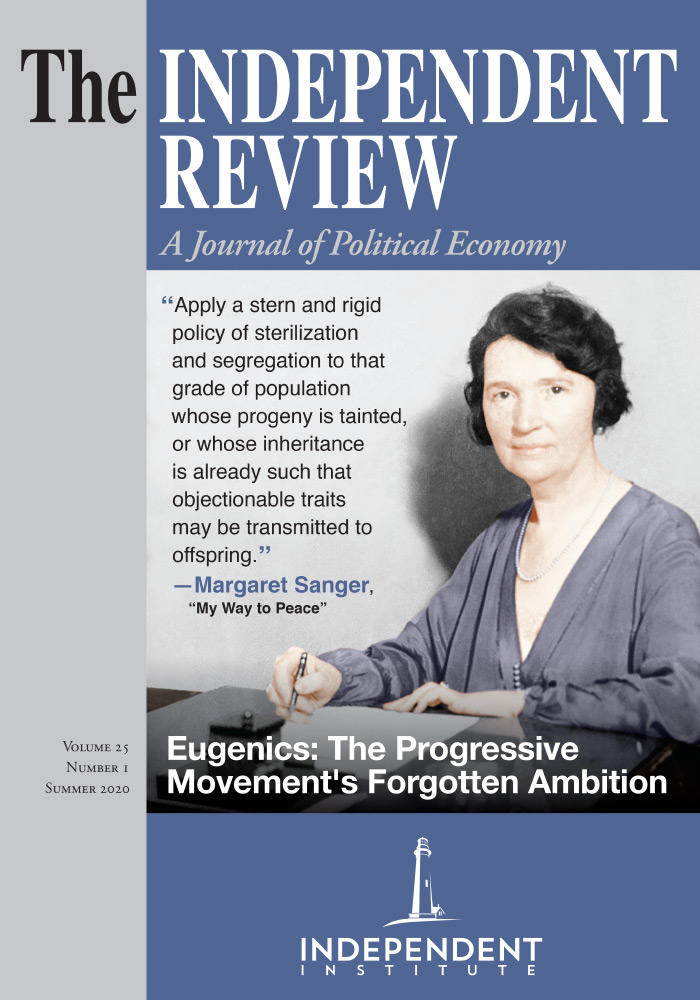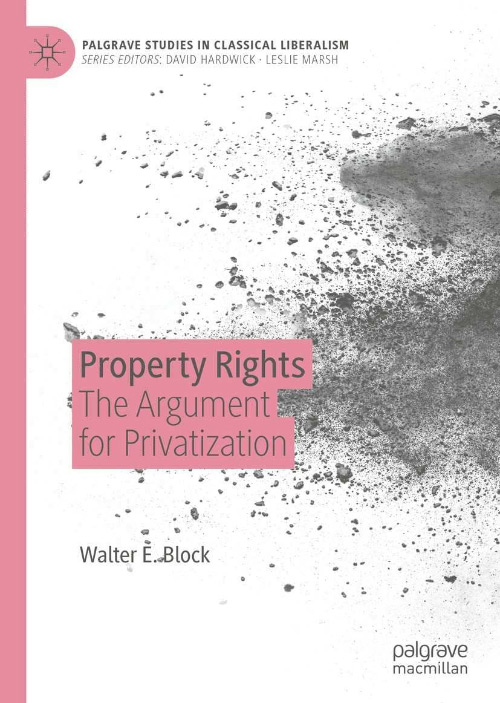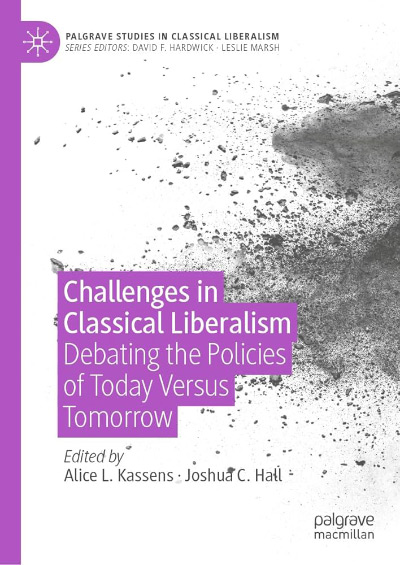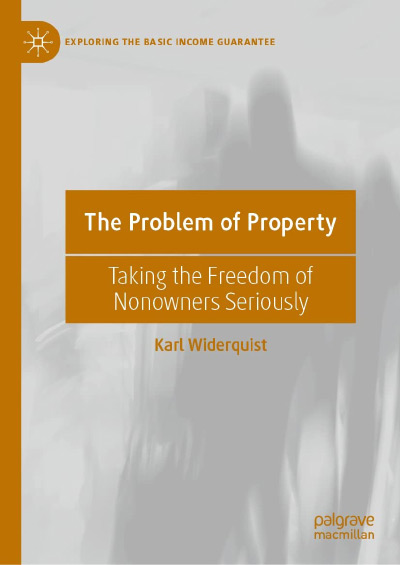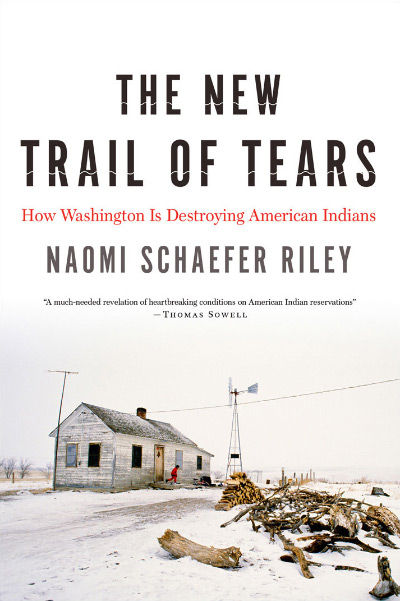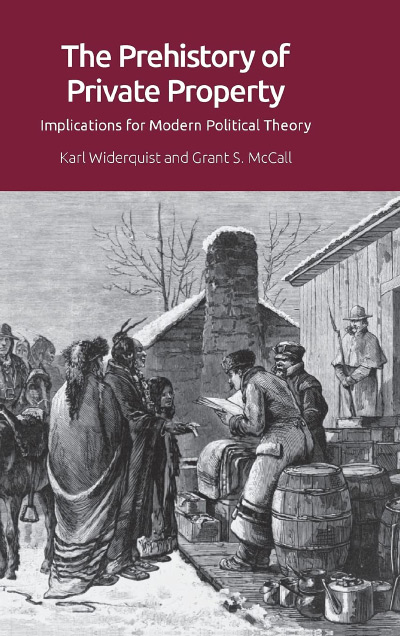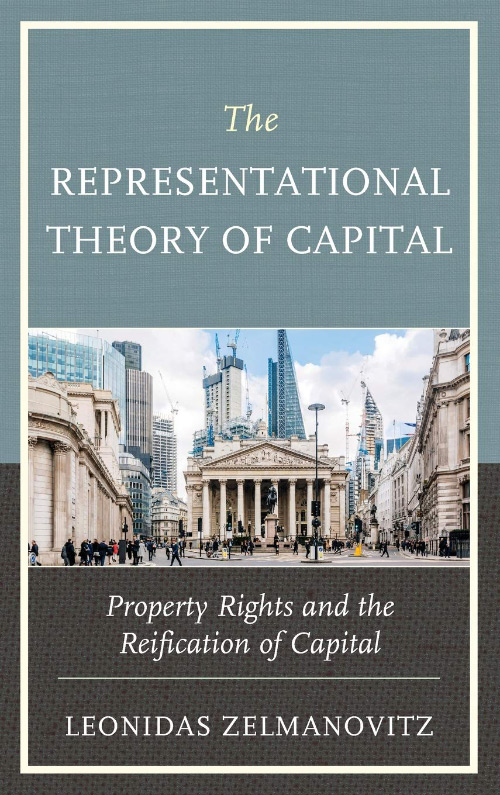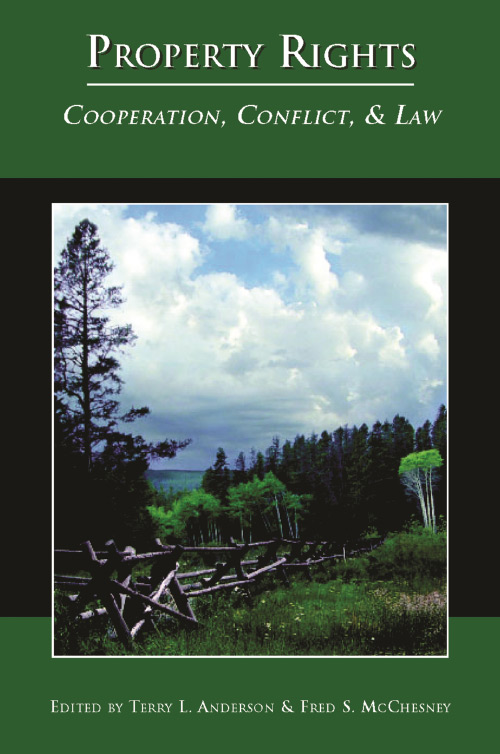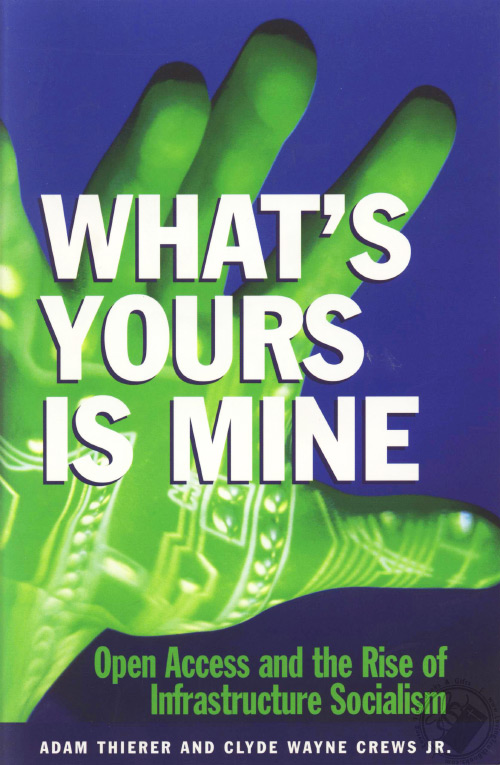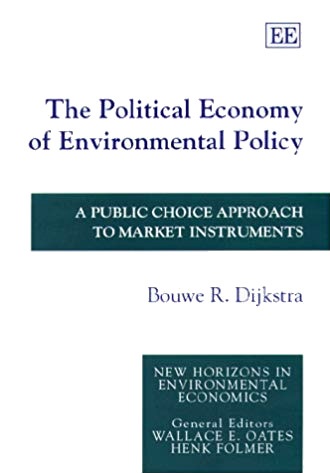This is a rather frustrating book. One might expect that Walter Block would have an idiosyncratic view of the problem of property, but that view is always worth thinking about and (usually) learning something from. Block is both an original thinker and a doctrinaire one, in that he has an organon rooted in Austrian economics and he follows the logic of that approach regardless of where it leads. Block is fearless, in fact, in arguing for the logic of his view. I have found his Defending the Undefendable (Auburn, Ala.: Ludwig von Mises Institute, 2013), for example, to be one of the most interesting and original works on policy and the application of law precisely because it is coherent and works from clear and sustained premises.
But for a subject such as “property,” on which many people have made important contributions, the insularity of the narrow Austrian approach is a handicap. Worse, and like many recent Palgrave books, there was not a lot of effort made here to turn this into a real book. Palgrave simply staples together a set of existing essays and throws the thing out the door, publishing only in hardback and charging a price explicitly designed to ensure that only libraries inertial enough to have standing orders make the automatic purchase. For $120, this book cannot be used as a text for class, and will sell a tiny number of copies. And clearly no effort was spared to spare every expense. There is no index, shocking lapses in proofing—the reference list is not in alphabetical order—and . . . well, seriously, there’s no index. In the age of electronic indexing software, a reasonably useful index can be created in a day. As I argued recently, such “publishing” shows that we are seeing the aḥarit ha-yamim (end of days) of the ancien regime of academic books.
That would be okay, but Walter Block’s work on property deserves a better platform. Because there is something here, something important. Yes, it is a little surprising that there are 50 citations to the work of Walter Block and not one to the work of David Hume; one might have thought that Hume’s work on property as the single most important convention that determines the prosperity and stability of a society might be mentioned. But the beauty of Block’s approach is that it does not depend on, and is not built on, the work of classical liberalism. Instead, there are some substantive premises, and the conclusions are derived from those claims. The work is largely aprioristic, and uses logic to reveal truths that are already present in the premises. Whether these truths tell us about the actual world is of course debatable, but the point is that Block’s approach does not stand or fall with the acceptance of Hume’s empirical claim about the value of property as a convention.
The premise for Block’s argument about property, making allowance for the fact that I am summarizing and may be oversimplifying, is this: Property denotes rights in physical things, and the rights to act physically. There is no right to the value of the thing, and in fact such claims are incoherent. Values are subjective, and exist in the minds of others. It is not even clear what it would mean to “own” values, and in any case, the attempt to assert such ownership leads to tyranny.
An implication of accepting Block’s theory (or rather his application of praxeological reasoning; he never claims exclusive ownership of the approach!) is that laws against discrimination, defamation, libel, and blackmail are illogical, and that “comparable worth” or “affirmative action” policies have no moral basis, existing only as exercises of political power. Likewise, laws enforcing zoning and anti-trust, and restricting “insider” trading, have no logical basis. The goal of policy cannot be to level differences in information in exchange, since that is the basis of exchange. Any sale, by definition, is an agreement on a price that reflects a disagreement about value: A agrees to sell an umbrella to B, and B agrees to buy an umbrella from A, for $7 because A values the umbrella $5 and B values the umbrella at $9. Now, suppose that the reason for the sale is that B watched the weather report this morning and expects rain, a probability of which A is ignorant.
Wait. Shouldn’t the sale of the umbrella be illegal, because B had knowledge of its value? That’s nonsense; we do not, and should not, inquire into the sources of the disagreement about value that allows the agreement on price. Instead, the market system uses prices and exchange to move things and actions toward the ownership of those who value them more. Full stop. Inquiring into the source of the disagreement is not just “none of the state’s business,” though that is true. There is no better way, and there may be no other way at all, to insure that prices and patterns of ownership reflect all available information than allowing, and even encouraging, the use of dispersed knowledge to inform value.
The book has Block’s thoughts on poverty (entitlement programs are exploitative against those who have property, and not only fail to help but may actively harm their putative targets, the poor); ona’ah (fraud and price controls; obviously agreeing to sell for $100 and then charging $400 is illegal, but asking $400 and charging $400 for a product whose quality is as represented cannot be illegal, so price-gouging cannot be regulated); reparations for slavery, land reform, and eminent domain. Along the way we learn of some of Block’s pet piques, peeves, and provocations. Someone whom Block reserves for special ridicule is Ronald Coase, a criticism that borders on obsession. Block “demonstrates” that a Coasean system of jurisprudence would have found O.J. Simpson “not guilty” of murdering Nicole if one can suppose (not implausibly) that OJ valued Nicole more than Nicole did. The murder, or whatever else OJ wanted to do with Nicole, would have been “efficient,” at least in a world where transaction costs are negligible.
That’s absurd, of course, but Block notes precisely that this reductio ad absurdum is an illustration of the kind of nonsense one gets by taking a narrow perspective of “maximizing value” as if value were objective and comparable. If values are subjective, one escapes the problem, but then much of Coase’s logic, or at a minimum the force of his examples, are dissipated.
In sum, I commend the book; there is a lot of very interesting and useful analysis here. But I regret that I cannot recommend it; Block’s achievements deserve a better and more serious, and less unbelievably expensive, outlet than they are given here.
| Other Independent Review articles by Michael C. Munger | ||
| Spring 2024 | Following Their Leaders: Political Preferences and Public Policy | |
| Spring 2024 | The Origins and Evolution of Consumer Capitalism; Crack-Up Capitalism | |
| Winter 2023/24 | The Classical Liberal Diaspora | |
| [View All (79)] | ||

